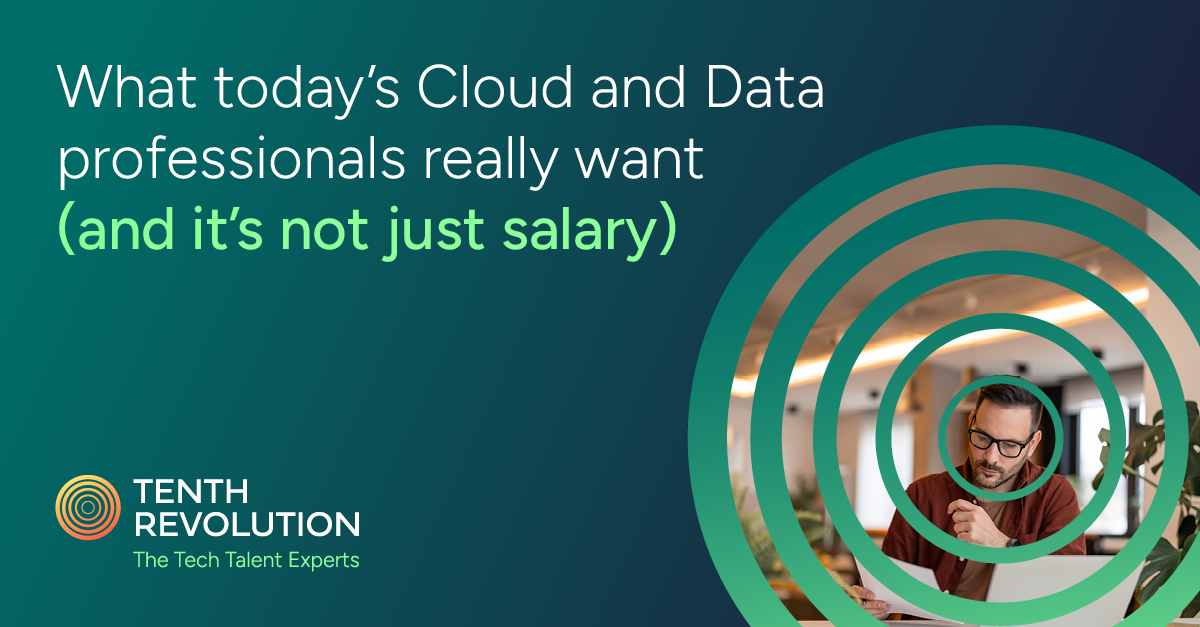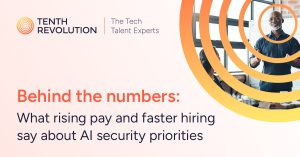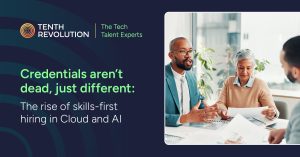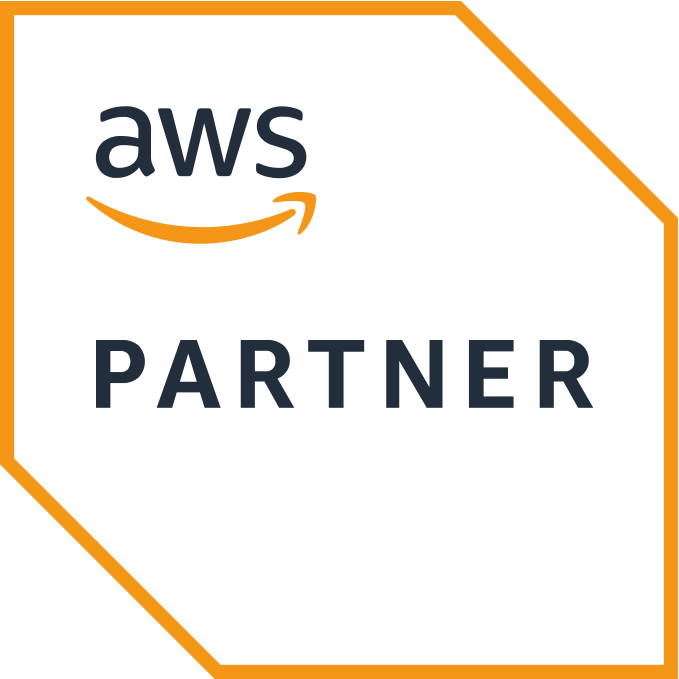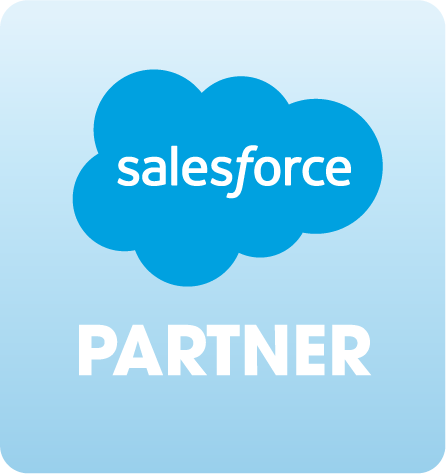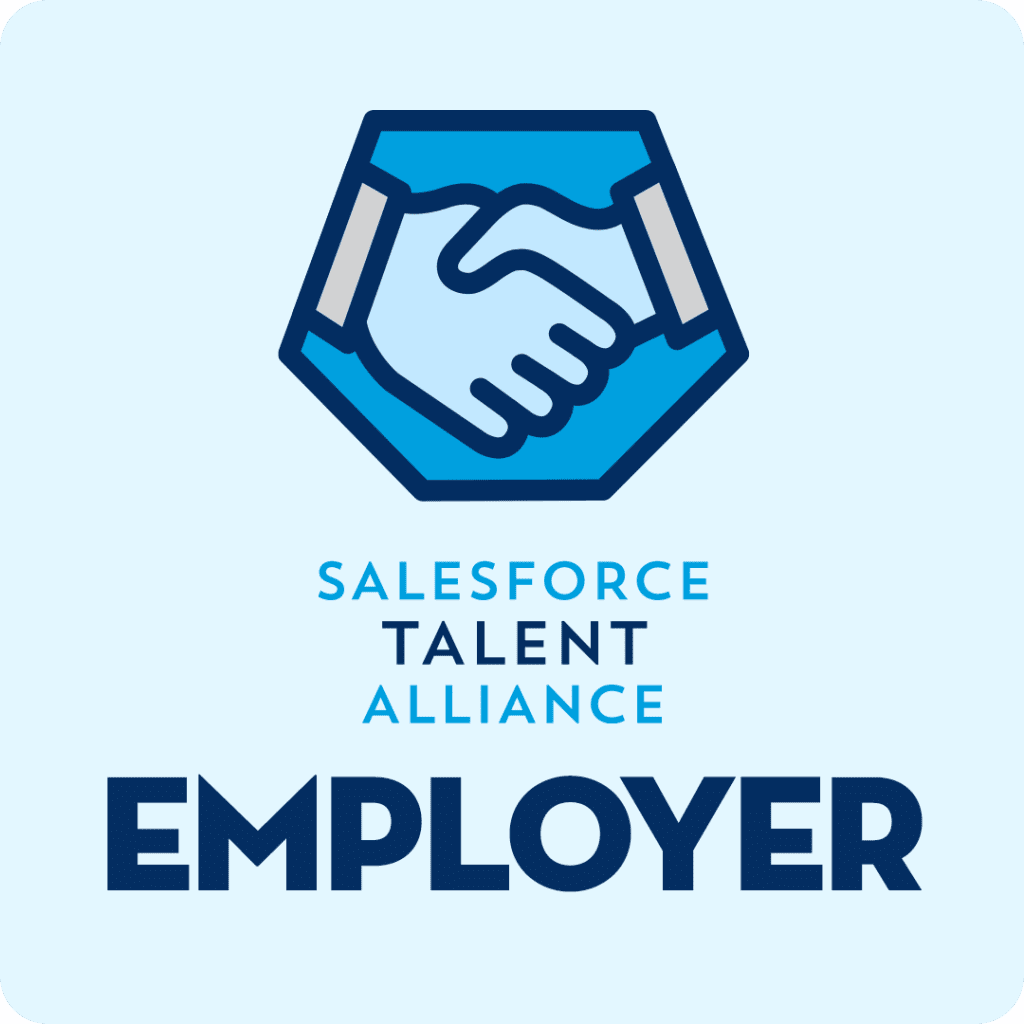The balance of power in tech hiring continues to shift.
Even as budgets tighten and automation expands, top Cloud and Data professionals remain in high demand. Yet salary alone is no longer the deciding factor. Today’s talent is increasingly motivated by flexibility, professional growth, and meaningful work environments that match their long-term ambitions.
For leaders, this means rethinking the value proposition behind every job offer. Competitive pay may open the door, but retention now depends on how well organizations deliver on career development and culture.
Beyond the paycheck
For years, the market for Cloud and Data skills has been defined by compensation inflation. Businesses eager to secure talent in areas like platform engineering, data architecture, or AI integration often led with salary to win candidates. But the market is changing. Professionals who already command strong packages are prioritizing employers that support learning, offer flexible structures, and provide a clear path to advancement.
Recent surveys show that learning time, certification support, and hybrid flexibility now rank among the top three motivators for Cloud and Data talent. Technical professionals want time and resources to develop, knowing that new tools and frameworks emerge every few months. They also want to integrate that learning into work, applying fresh knowledge directly to live projects rather than waiting for the next review cycle.
Leaders who recognise this are adjusting fast. The best employers are introducing structured learning budgets, regular upskilling sessions, and embedded development time. For growing businesses, partnering with recruitment experts who understand these evolving priorities can help attract Cloud and Data professionals who value growth and purpose as much as pay.
The new definition of flexibility
Hybrid work remains a critical part of the tech talent equation, but its meaning has matured. Early in the remote-work era, flexibility meant location. Now it means autonomy. Professionals want ownership over how they structure their day, balance focus time and collaboration, and contribute across global teams.
In high-performance Cloud and Data environments, that autonomy is essential. Engineers managing multi-region Cloud deployments or analysts coordinating cross-functional data streams often perform best with flexible hours that accommodate time zones and asynchronous workflows. When teams trust people to manage output instead of attendance, productivity improves.
Companies that combine autonomy with access to resources and learning opportunities are becoming employers of choice. They demonstrate an understanding of how technical work gets done in modern environments and how professionals want to grow within them. These are the organizations attracting the next generation of leaders, not just filling short-term vacancies.
Growth as a retention strategy
The link between development and retention is now undeniable. A culture of learning helps teams stay current with evolving technology and keeps employees engaged. It reduces the risk of skill stagnation, which often drives top performers to seek new challenges elsewhere.
Enterprises are formalizing this connection through structured development frameworks. Some are implementing continuous learning models aligned with annual review cycles, while others create internal academies focused on Cloud architecture or advanced data analytics. These initiatives position learning not as a perk but as a measurable part of performance and progression.
Crucially, they also drive business outcomes. Teams with access to regular training adapt faster to platform updates, security changes, and emerging AI-driven processes. By linking development to delivery, organizations create a virtuous cycle where both employee satisfaction and productivity rise together.
Companies ready to embed this mindset into their strategy are partnering with Tenth Revolution Group to access Cloud, Data, and AI talent that blends deep technical skill with an appetite for continuous improvement.
Culture that sustains performance
Beyond pay, flexibility, and learning, culture has become a decisive factor for many professionals. Cloud and Data teams thrive in environments that promote experimentation, collaboration, and transparency. A positive workplace culture encourages innovation by giving people the confidence to test new tools, share insights, and challenge legacy systems.
Leaders who champion psychological safety are setting the standard. Teams that feel trusted to take initiative not only deliver stronger results but also build loyalty that outlasts compensation-driven competition. When employees believe their growth and voice matter, retention follows naturally.
The combination of flexible work, continuous learning, and supportive culture defines what “value” truly means for today’s Cloud and Data professionals. It reflects a workforce that measures opportunity not just in financial terms but in freedom, growth, and shared purpose.
The next stage of attraction and retention
As competition for Cloud and Data talent continues, success depends on building a holistic employee experience. Pay remains important, but it is only one part of a broader equation that includes development, flexibility, and belonging.
For leaders, the takeaway is clear: the organizations that prioritise these elements today will attract and retain the professionals who drive transformation tomorrow. Compensation may secure talent for the short term, but investment in people secures progress for the long term.

